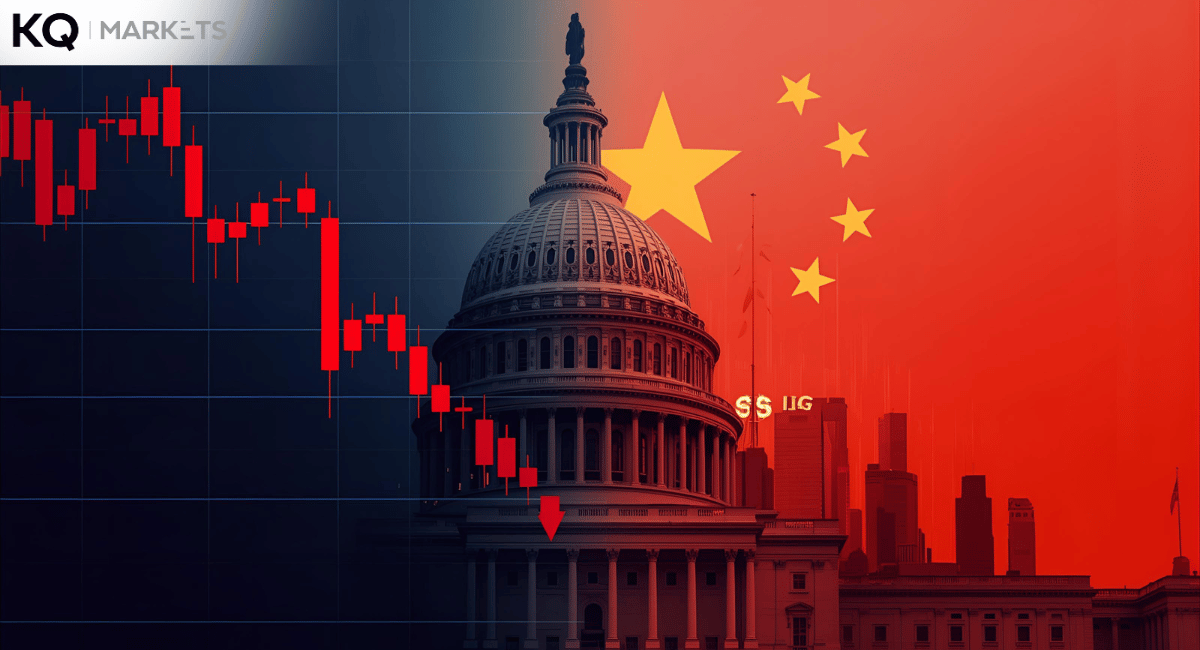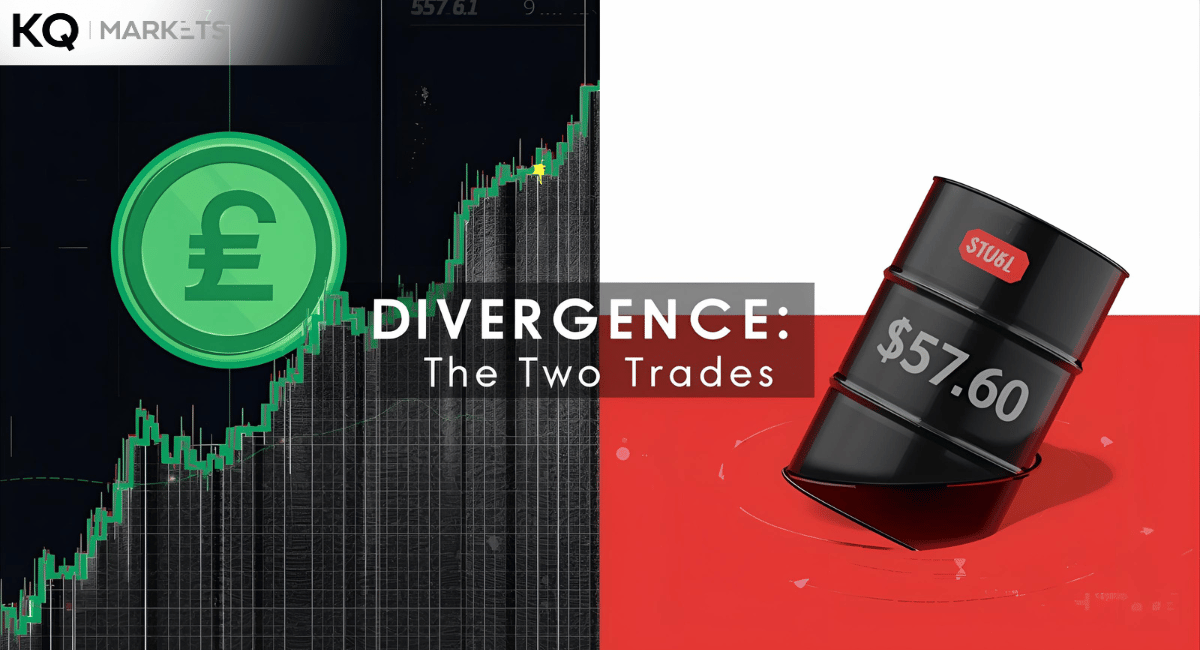Economic fears have hit OPEC+ as oil prices remained unchanged last week. The uncertainties come despite the higher-than-predicted US fuel and crude stockpiles. Meanwhile, the market battled the worsening economic forecasts and the United States oil inventory prediction declines. OPEC+ producers also planned to reduce output. In any case, Brent crude futures hit 0.1%, up 5 cents to sell at &84.99 per barrel.
The West Texas Intermediate oil sold at $80.61 per barrel after closing at 0.1% or 10 cents lower. Government data indicates that the US crude oil inventories dropped last week by 3.7 million barrels. The decline hit 1.5 million more barrels than the previous prediction. In the meantime, distillate and gasoline stocks fell beyond forecasts by about 3.6 million barrels & 4.1 million barrels, respectively.
Analysts believe that stock investors remain cautious due to the substantial price rally throughout last week. The OPEC+, which includes allies like Russia and the Organization of the Petroleum Exporting Countries, pledged deliberate production deductions. OPEC+ voluntary decisions to cut crude oil supplies from May moving forward surprised many stakeholders. Analysts expected the global crude oil balance to remain tight throughout summer.
But the recent move will undoubtedly support crude oil prices. In general, recent government data indicates a cooling economy that weighs against the tight fuel and crude oil demand. United States employment data declined to its lowest level in February in almost two years. Yet, the data implied that the labor market could be cooling too. Financial markets experts believe that the recent data might be the first weakness sign in the United States labor market.
Overall, they believe that the Federal Reserve plays a significant role, given that there appears to be no other prospective argument on the tightening cycle. Stock traders are now keen for US non-farm payroll data on the broader trend. All in all, weak financial reports from China and the US raise demand concerns. The report raises fears about a healthy economic expansion after US, eurozone & Chinese manufacturing firms slowed down activities since last month.
The slow performance in middle distillates agreements and the March Russian diesel flows to the Middle East acted as a control option in efforts to raise crude oil prices. The supply, oil demand, and inflation reports could define the market trajectory. Above all, rate hikes that weigh on oil prices made it more expensive for some currency holders. The next inflation data report will help stock traders forecast the stock market direction.





